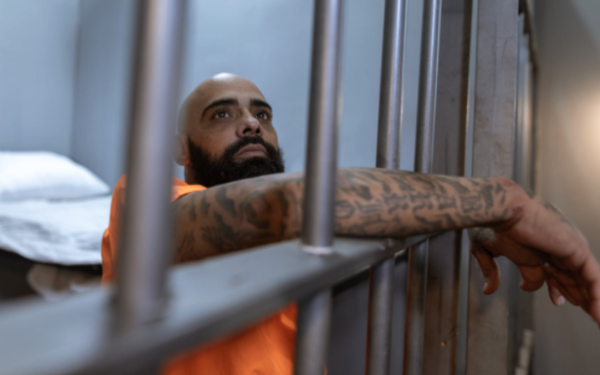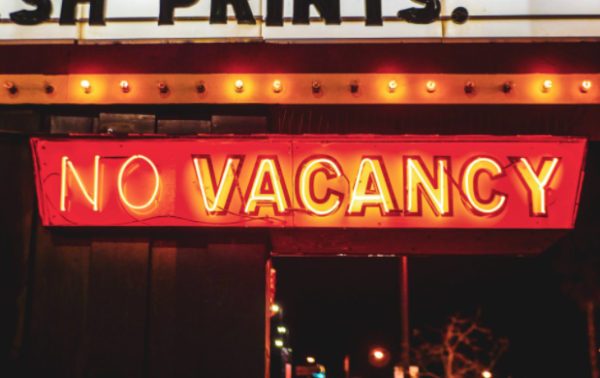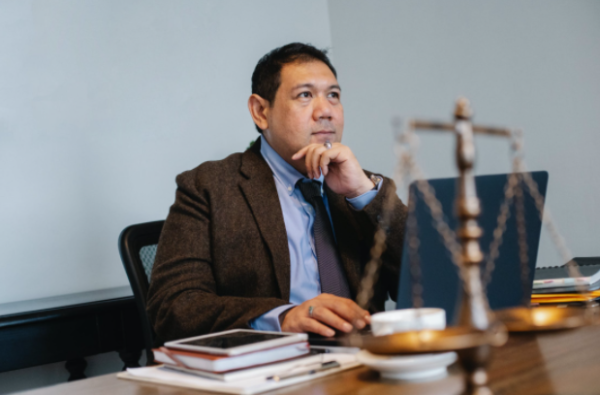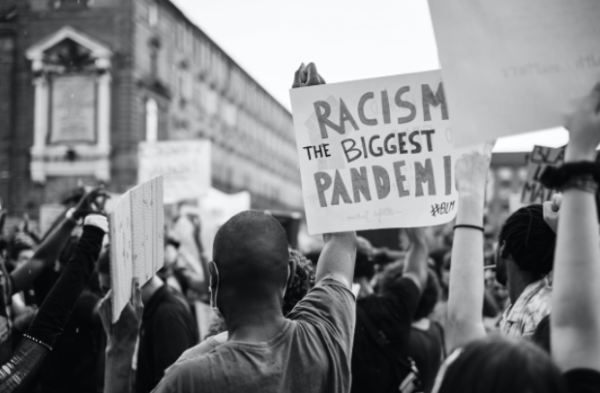
The state of Oregon became the first state in the United States to decriminalize drugs on February 1st this year thanks to Measure 110 and the Drug Policy Alliance.
It’s no longer a crime to carry small amounts of drugs like methamphetamine, heroin or LSD. Instead of jail time, you’re looking at a $100 fine and a call to an “addiction treatment center” that will refer you to services and provide peer support.
So now that drugs are decriminalized in Oregon, what does that mean for addiction treatment providers? How will the changing landscape of our state’s drug policy impact the local addiction treatment community?
Well, at Shanti Recovery and Wellness, we don’t have a crystal ball but we’re prepared to take some educated guesses.
Read on for our predictions of the changes addiction treatment providers in Oregon are likely to see as a result of decriminalization.
Decriminalization in Oregon Won’t Change the Limited Amount of Beds Available in Portland

If you’ve never tried to secure a spot in an addiction treatment facility locally you may not know how difficult it is to find an opening.
For years in Portland, we have had far too few inpatient beds available for residential treatment.
We have too few clinicians to staff our outpatient facilities.
We have a lack of medical professionals who administer MAT locally.
In short, we are lacking services at every level of care that someone who suffers from substance use disorder (SUD) might need.
Although Measure 110 championed the creation of new “addiction recovery centers,” these centers won’t actually do treatment. Instead, they’ll act as a referral service. They’ll do an assessment and then refer callers (yes, most services will be done over the phone) to local treatment centers. They may connect you with support groups or peer support services, but they won’t be doing any treatment.
The problem with this model is that referrals are meaningless when there are months-long waitlists at most addiction treatment centers locally.
This was (and still is) a major criticism of Measure 110.
Decriminalization in Oregon Will Mean Fewer Court-Ordered Patients in Portland’s Rehabs

Because drug decriminalization removes small scale “drug busts” from the criminal justice system, folks who are caught holding modest amounts of illicit substances will not go to court. The citation will be handled as a civil offense. Without court involvement – whether that’s traditional court or drug court – the possibility of receiving court-ordered addiction treatment is not on the table.
For addiction treatment centers that get most of their patients from court-orders, this will be a big problem. We expect to see centers like these pivot their business model or disappear.
Oregon’s Decriminalization Efforts Should Mean Less Justice System Involvement, Especially for Addiction Treatment Patients of Color in Portland

Another factor to consider in Portland’s decriminalization efforts is the effect Measure 110 might have on addiction treatment patients of color.
It’s no secret that black, indigenous and people of color face higher rates of incarceration and criminal justice system involvement because of the systemic racism present in our courts and police forces. Historically, the war on drugs was used to criminalize wide swaths of the African American community in particular. Today, we still see patterns of racism in how people of color with SUD are targeted for policing and arrest while white people with SUD are more likely to be offered medication and treatment.
The decriminalization of drugs in Oregon is poised to disrupt racist and unequal enforcement of drugs laws in our state. As fewer patients of color are entangled in the criminal justice system on account of their disease, we can expect that the rate of positive treatment outcomes for these patients will improve.
Decriminalization in Oregon Means the State Will Probably See a Scramble to Keep Recovery Centers Staffed in Portland and Beyond

Remember those “addiction recovery centers” we discussed earlier? Measure 110 requires that they do assessments, make referrals and offer peer support to those caught with small amounts of illicit drugs.
Measure 110 also stipulates that these centers need to be open for calls and “health assessments” 24/7. When a person is ticketed, they will have two options: call an addiction recovery center and complete an assessment or pay a fine of $100.
It’s safe to say that staffing these 24/7 addiction recovery centers will be a challenge in Oregon. The addiction treatment community already struggles with hiring difficulties. Few workers are willing to complete the training and licensing requirements necessary to work low-pay, high-stress addiction counselor jobs. Once workers do get into the field, they are unlikely to stay long. Turnover in the addiction treatment workforce is astronomical.
It will be interesting to see how Measure 110’s “addiction recovery centers” fare in terms of hiring and retaining workers.
We’re Here to Help
At Shanti Recovery and Wellness, we’re happy to see decriminalization in Oregon because it means our patients are less stressed, less likely to be caught up in the criminal justice system and better able to focus on recovery.
Our highest goal is the health and wellbeing of our patients and we hope that decriminalization will ultimately help — and not hurt — our patients.
If you need help getting your life back from addiction and you’re ready for a change, give us a call at 503-206-8850.
